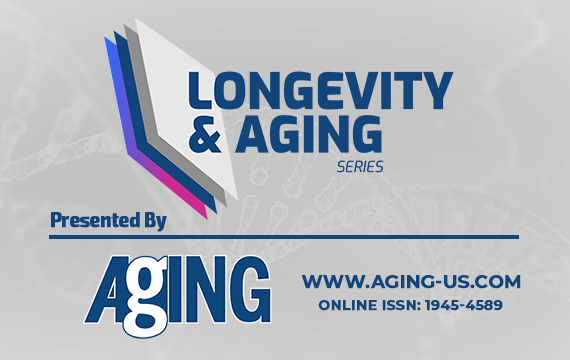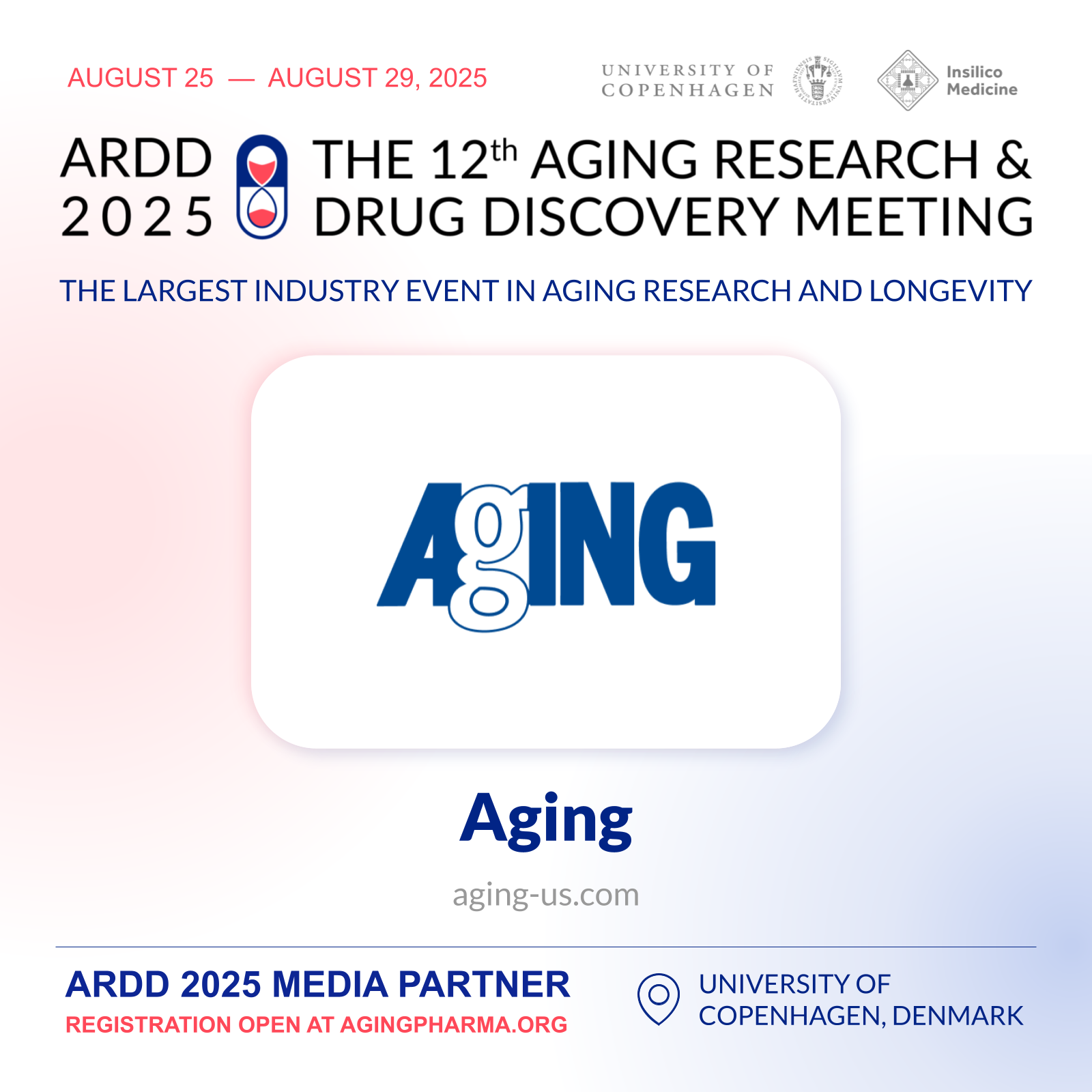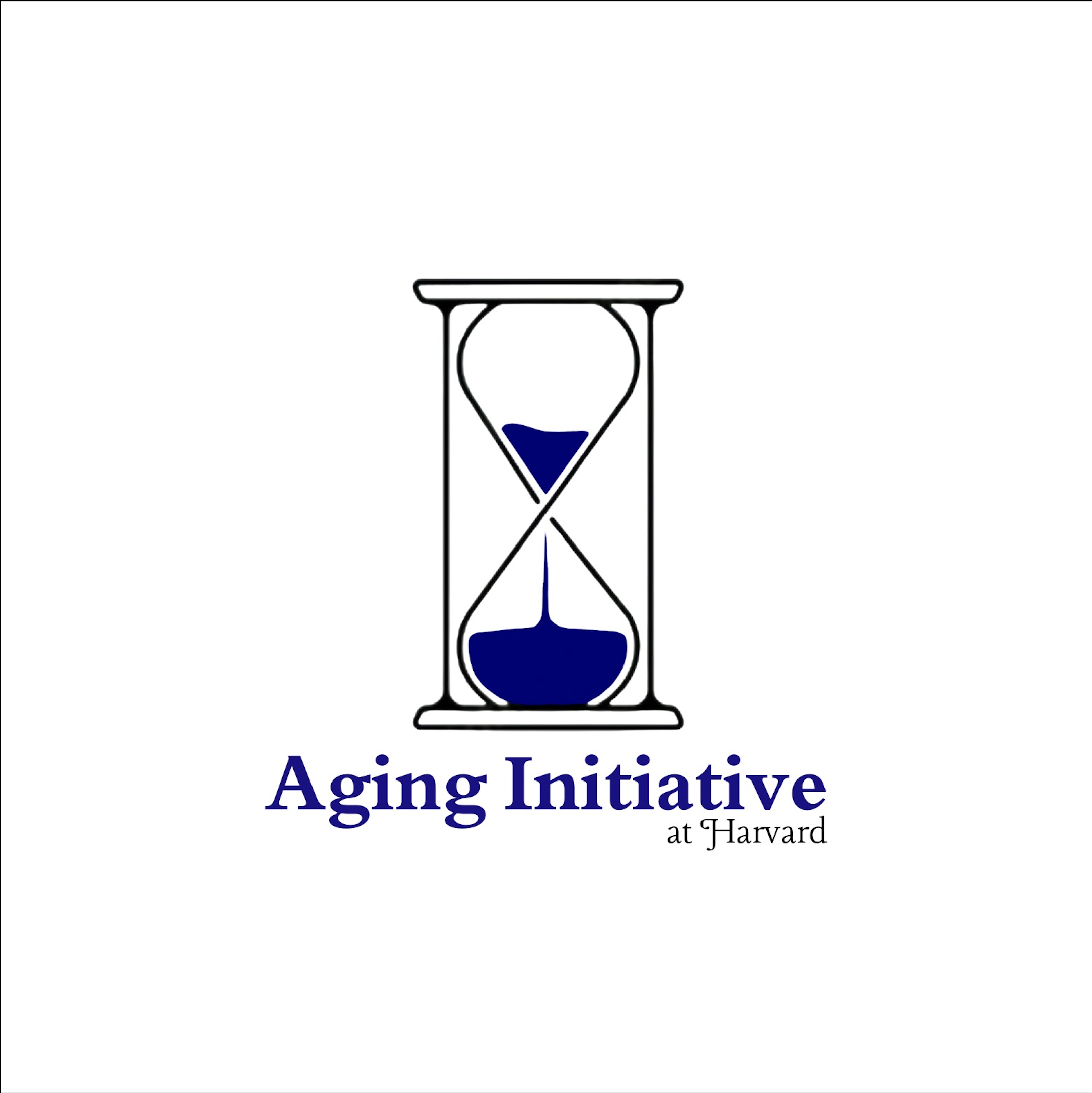Research Paper Volume 8, Issue 7 pp 1485—1512
Huntington's disease accelerates epigenetic aging of human brain and disrupts DNA methylation levels
- 1 Human Genetics, David Geffen School of Medicine, University of California Los Angeles, Los Angeles, CA 90095, USA
- 2 Biostatistics, Fielding School of Public Health, University of California Los Angeles, Los Angeles, CA 90095, USA
- 3 CHDI Management/CHDI Foundation, Princeton, NJ 08540, USA
- 4 Department of Anatomy and Medical Imaging, Faculty of Medical and Health Science (FMHS), University of Auckland, Auckland, New Zealand
- 5 Centre for Brain Research, Faculty of Medical and Health Science (FMHS), University of Auckland, Auckland, New Zealand
- 6 Center for Neurobehavioral Genetics, Semel Institute for Neuroscience & Human Behavior, University of California, Los Angeles (UCLA), Los Angeles, CA 90095, USA
- 7 Pathology and Laboratory Medicine, and Neurology, UCLA David Geffen School of Medicine, Los Angeles, CA 90095, USA
- 8 Department of Psychiatry and Biobehavioral Sciences, David Geffen School of Medicine at UCLA, Los Angeles, CA 90095, USA
- 9 UCLA Brain Research Institute, Los Angeles, CA 90095, USA
Received: May 5, 2016 Accepted: July 12, 2016 Published: July 27, 2016
https://doi.org/10.18632/aging.101005How to Cite
Abstract
Age of Huntington's disease (HD) motoric onset is strongly related to the number of CAG trinucleotide repeats in the huntingtin gene, suggesting that biological tissue age plays an important role in disease etiology. Recently, a DNA methylation based biomarker of tissue age has been advanced as an epigenetic aging clock. We sought to inquire if HD is associated with an accelerated epigenetic age. DNA methylation data was generated for 475 brain samples from various brain regions of 26 HD cases and 39 controls. Overall, brain regions from HD cases exhibit a significant epigenetic age acceleration effect (p=0.0012). A multivariate model analysis suggests that HD status increases biological age by 3.2 years. Accelerated epigenetic age can be observed in specific brain regions (frontal lobe, parietal lobe, and cingulate gyrus). After excluding controls, we observe a negative correlation (r=−0.41, p=5.5×10−8) between HD gene CAG repeat length and the epigenetic age of HD brain samples. Using correlation network analysis, we identify 11 co-methylation modules with a significant association with HD status across 3 broad cortical regions. In conclusion, HD is associated with an accelerated epigenetic age of specific brain regions and more broadly with substantial changes in brain methylation levels.



